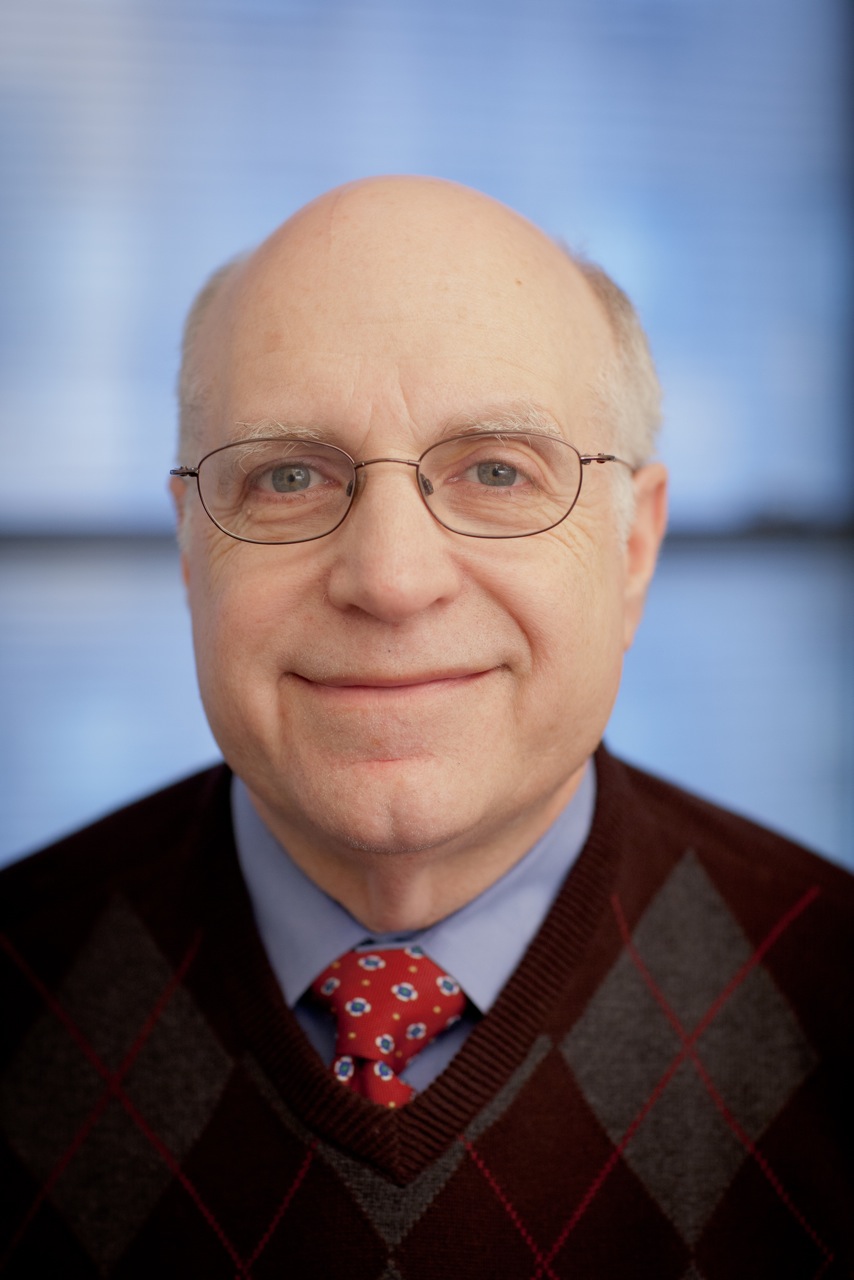When we tell others the stories of our lives, we often find ourselves spicing up the narrative a bit as we tell and retell the story. It’s only human to exaggerate a bit, especially if our audiences don’t seem to be giving the stories the attention we feel that they deserve. Our additions add an important element to the story even if they are not completely factual: they turn the story from the retelling of a past event to a revealing of our hopes and our dreams.
When Pharaoh relates his dream of the thin and fat cows to Joseph, he adds two facts that the “narrator” of the Torah did not include in the first iteration. First, Pharaoh adds some emotion to his description of the thin cows by saying: lo raiti kahayna bichal eretz Mitzraim laroa, “I hadn’t seen cows as ugly as these in the entire land of Egypt.” We can understand why he might have added this expressive statement; he was surely frustrated after telling the dreams so many times to his magicians and dream interpreters without receiving a meaningful interpretation. Each repetition leaves him more and more frustrated as he seeks to discover what is truly behind the dream.
He continues his “editorializing” with a second fact. In describing the thin cows which ate the fat cows, Pharaoh adds that lo noda ki vau el kerbenah umarayhen ra kaasher baticheela, “one could not tell they had consumed them, for they looked just as bad as before.” The thin cows were not changed by eating the fat cows.
Clearly, this fact is essential to Joseph’s interpretation of the dream, as it represents the idea that the years of famine would overshadow the years of plenty. But perhaps this observation tells us something about Phraoah. His addition to the narrative reveals his fervent desire to remain unchanged by whatever lies ahead. Perhaps he knows the dream is revealing an upcoming challenge, and he is afraid of the change that the challenge will bring.
Critical events in life do bring change, whether we welcome that change or not. But we must ask: what parts of our lives should not change as the world around us changes?
This year, as happens most years, the story of Pharaoh’s dream, found in Parashat Mikketz, is read during Hanukkah. When the Maccabees defeated the Greeks, there were many changes which had to take place as they faced the responsibility of leadership. But how extensive were those changes; were the Maccabees still the same people after they won the war and retook the Temple, or did they change in critical ways?
While the Maccabees celebrated the re-dedication of the Temple with joy, and faith, their descendants in the Hasmoenan dynasty fell prey to many of the same ethical weaknesses of the Greeks they defeated. It is a sad footnote to the story of Hanukkah that what began as a triumphant celebration of identity, loyalty to tradition, and faith in God descended into stories of rampant corruption, arrogance, and violence.
History teaches us that the power the Hasmoneans acquired was misused. Sadly, such a situation happens too often to those in power. They can forget the values they hold most dear.
Naturally, there are some changes that occur in an individual’s or a nation’s psyche when becoming leaders. But one would hope that the basic commitments they longed to pursue when they were ruled by others would endure when people are in positions of power, leadership, and authority.
This is an issue for all people everywhere. But as we consider the situation in Israel today, it is of particular importance.
Even during times of conflict and fear, it is critical to ask whether Israel is committed to the same values today as at the time of its founding and whether its leaders continue to reflect the commitments of our people to justice, human dignity for all, and peace, as proclaimed in the Declaration of Independence. While the responsibility that Israel has to its citizens in these dangerous times is clear, Israel also has a responsibility to remain committed to the ideals and values of our people. When Israel’s leaders speak and act in ways which seem contrary to those values, it is our responsibility as those who love and support the State to express our concern.
We can recognize changing demands for changing times but we should also recognize the unchanging values and principles which have defined our aspirations as a people since the time of the Torah.
When we, as lovers and supporters of Israel, express concern for those whose human rights have been denied or limited–whether Jews, Bedouin, Palestinians in the Occupied Territories, or Israeli Arabs–we stand for the unchanging and eternal values of our people and our faith.
When we light the Hanukkiah, we recognize all of the miracles of the past which changed reality for our people. But we also recognize the unchanging principles which have guided us and should continue to guide us even as our world changes around us.
Rabbi Rob Dobrusin has served as rabbi of Beth Israel Congregation in Ann Arbor, Michigan since 1988. He is a past co-chair of T’ruah and remains an active board member.

